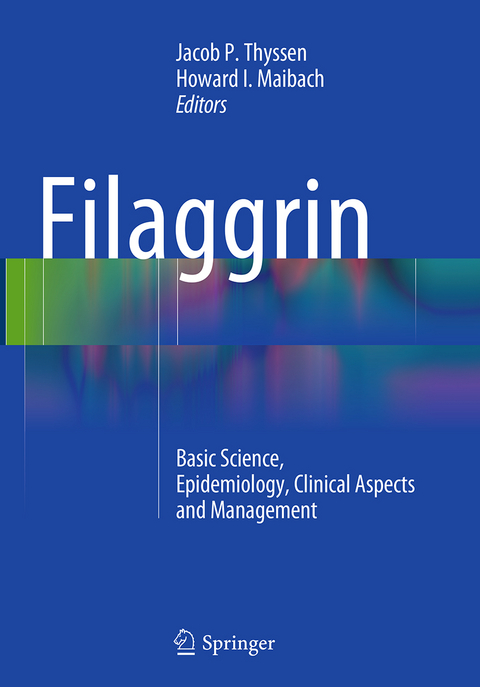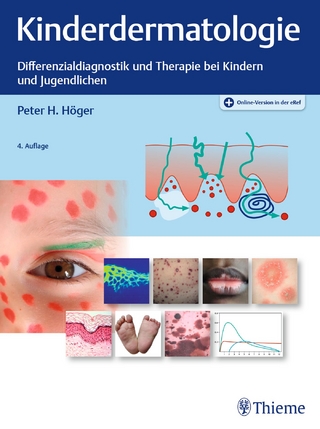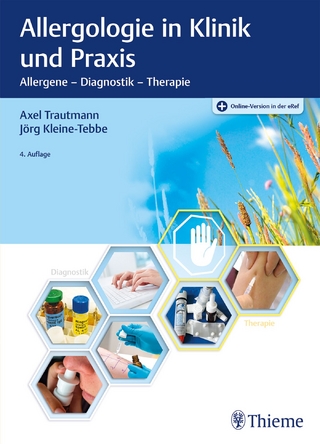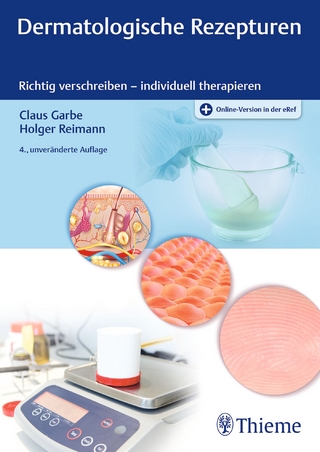
Filaggrin
Springer Berlin (Verlag)
978-3-662-51117-6 (ISBN)
Jacob Thyssen has worked in Dermatology for 10 years and holds PhD and DmSci degrees from the University of Copenhagen. He has published 190 articles and 10 book chapters. He has received international awards for his research, including the LEO Pharma Research Foundation for best investigator <45 years in the Nordic countries. His research has focused on dermatitis, allergies, and the skin barrier. He has been a research fellow in the USA, visiting Harvard Medical School and UCSF. He is a regular speaker at international meetings. Jacob Thyssen enjoys treating patients with dermatitis on a daily basis in the Gentofte Clinic in Copenhagen, Denmark.
BASIC SCIENCE: Mutations in the Filaggrin Gene.- Morphology of Normal and Filaggrin Depleted Epidermis.- Function of Filaggrin and Its Metabolites.- Influence On Skin Lipids.- Inflammatory Driven Depletion of Filaggrin Proteins.- Animal Models.- In Vitro Models.- EPIDEMIOLOGY: Prevalence Rates In Different Races.- Gene-Environment Interactions.- Heterozygous Advantage.- FILAGGRIN AND SKIN DISEASE: Ichthyosis Vulgaris and Other Disorders of Cornification.- Atopic Dermatitis.- Allergic Contact Dermatitis.- Irritant Contact Dermatitis.- Hand Eczema.- Psoriasis.- Disorders In The Seborrheic Areas.- Infections.- Cancer and Tumors.- Autoimmune and Connective Tissue Disorders.- Pigmentation Disorders.- Sweat Gland Disorders.- Nails and Hair.- FILAGGRIN AND NON-CUTANEOUS DISEASE: Asthma.- Rhinitis.- Food Allergy.- Diabetes.- Cardiac Disease.- Inflammatory Bowel Disease.- Ophthalmic Disease.- Rheumatoid Arthritis.- Cancer.- Vitamin D.- MANAGEMENT.
| Erscheinungsdatum | 03.08.2016 |
|---|---|
| Zusatzinfo | XV, 373 p. 160 illus., 82 illus. in color. |
| Verlagsort | Berlin |
| Sprache | englisch |
| Maße | 178 x 254 mm |
| Themenwelt | Medizin / Pharmazie ► Medizinische Fachgebiete ► Dermatologie |
| Schlagworte | allergies • Allergology • Clinical disease • Dermatology • Disease patterns • Ichthyosis vulgaris • Medicine • Ophthalmology • Pneumology/Respiratory System • Respiratory Medicine • Treatment |
| ISBN-10 | 3-662-51117-7 / 3662511177 |
| ISBN-13 | 978-3-662-51117-6 / 9783662511176 |
| Zustand | Neuware |
| Haben Sie eine Frage zum Produkt? |
aus dem Bereich


